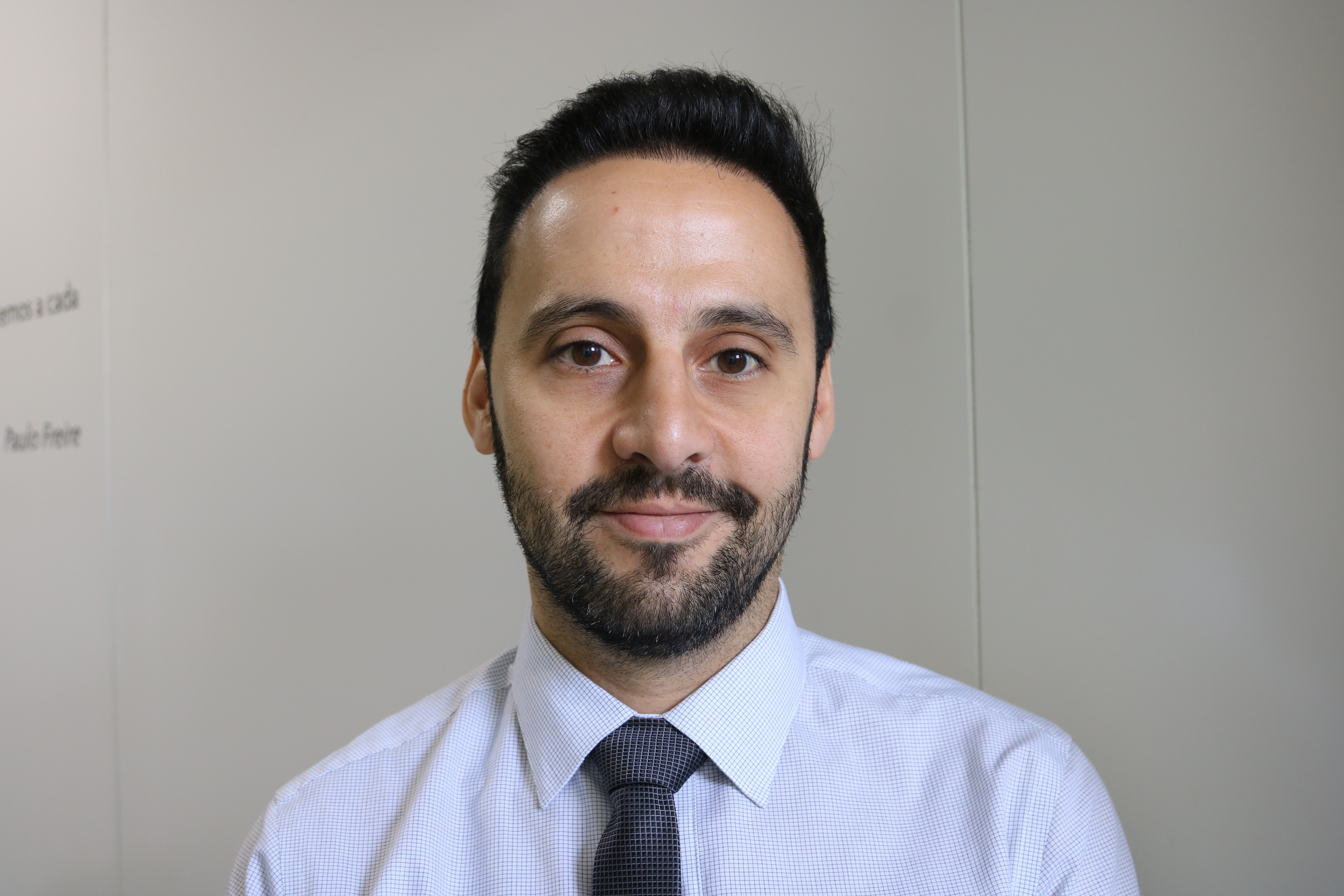The Santos Dumont Institute (ISD) will hold, between the 14th and 15th of October, a moment of integration of doctors and health professionals, such as physiotherapists, who make up the teams that work in the “Strengthening care for children with sequelae urological conditions related to Congenital Syndrome associated with the Zika virus (CZS)”. The meeting will have the participation of researchers from the Oswaldo Cruz Foundation (Fiocruz), University of Pernambuco (UPE), Federal University of Maranhão (UFMA), State University of Rio de Janeiro (UERJ), Federal University of Campina Grande (UFCG) and from the ISD itself, through urologist preceptor Rafael Pauletti Gonçalves, who will act as mediator, in addition to the professionals who work on the project through the Anita Garibaldi Health Education and Research Center (Anita), in Macaíba.
The project is coordinated by researcher Lúcia Maria Costa Monteiro, from Fiocruz, and executed by the Instituto da Mulher, Criança e Adolescente Fernandes Figueira (IFF), linked to the Foundation. The type of study adopted is clinical research, with participating centers being the Professor Joaquim Moreira Neto Institute (Ipesq), in Campina Grande (PB), and the Santos Dumont Institute (ISD), in Macaíba (RN). From the project, there is the prospect of creating a national network with bodies linked to the Unified Health System (SUS), prioritizing the States with the highest number of cases of Congenital Zika Virus Syndrome in Brazil with the monitoring of cohorts of patients ( group of people used in studies or investigations). This new phase of the study could serve as a bridge for future projects regarding neurogenic bladder, one of ISD's lines of research, as well as Parkinson's and myelocele.
“This is the second stage of the project. The first step was to create three centers to provide care for children with congenital Zika syndrome, focused mainly on neurogenic bladder. There is also the objective of developing and training these three centers, which are: the Fernandes Figueira/Fiocruz Institute, the Professor Joaquim Amorim Neto Institute (Campina Grande) and the Santos Dumont Institute (Macaíba). In this second phase of the project, which is the current one, the objective is to double the number of centers, with the inclusion of the University of Pernambuco, the Federal University of Maranhão and the State University of Rio de Janeiro, UERJ. We also have other objectives of the project, which are the exchange of information, mainly about congenital Zika syndrome in neurogenic bladder, where we are discovering and beginning to understand how it works, how it will behave with the development of these children”, highlights the urologist preceptor from ISD, Rafael Pauletti Gonçalves.
According to him, congenital Zika virus syndrome has decreased significantly, although there are still cases being reported. It is not known how children born with this condition will evolve and what their bladder behavior will be and whether this will reflect on their quality of life. Today, according to data from Fiocruz, there are around 2,800 children with SCZ in Brazil, but only 7% of them have historical records on urological care. “It will be the first meeting between doctors from these centers that carry out urodynamic studies to evaluate the way the exam is carried out. We will discuss a protocol that can be implemented when carrying out new exams, such as the type of probe, probe placement, findings, what each person has found and interpreted, how we will work with this data and how it will help to improve treatment. ”, explains Rafael Pauletti Gonçalves. He points out that new training will be carried out with nursing and physiotherapy teams, for example, to adapt the correct probe management with families, for example, and definition of appropriate physiotherapy for patients with the condition.
The objectives of the training are: discuss the urodynamic findings of the cases evaluated; standardize techniques for carrying out urodynamic studies; prepare a protocol for carrying out the urodynamic study for the project; increase and share the group's experience regarding the performance and interpretation of the urodynamic study.
Understand SCZ
Congenital Syndrome associated with the Zika virus (SCZ) is characterized by a set of changes in the formation of body structures, mainly the Central Nervous System. These changes, and their consequences, are becoming increasingly known, thanks to the joint efforts of health managers and researchers. However, there are several challenges related to SCZ surveillance that depend on critical assessments of ongoing procedures and new scientific evidence; training professionals involved in the three spheres of SUS management and ensuring the sustainability of surveillance and care actions for SCZ in an integrated manner.
Among the morbidities related to the syndrome is neurogenic bladder (BN), an alteration in the functioning of the bladder that, when not diagnosed and treated properly, can lead to a compromise of the entire urinary system, increasing the risk of repeated urinary infection and kidney damage, in addition to causing urination disorders including chronic urinary incontinence.
There are around 2,800 children with SCZ in Brazil and there is only information about urological care in 7% of them. It is possible that the vast majority of parents, professionals and managers are still unaware of the importance of investigating the urinary tract in these patients and that children are missing the window of opportunity to reverse any urological sequelae related to the development of the syndrome.
Text: Ricardo Araújo / Ascom – ISD
Photograph: Ascom – ISD
Communication Office
comunicacao@isd.org.br
(84) 99416-1880
Santos Dumont Institute (ISD)
It is a Social Organization linked to the Ministry of Education (MEC) and includes the Edmond and Lily Safra International Institute of Neurosciences and the Anita Garibaldi Health Education and Research Center, both in Macaíba. ISD's mission is to promote education for life, forming citizens through integrated teaching, research and extension actions, in addition to contributing to a fairer and more humane transformation of Brazilian social reality.













